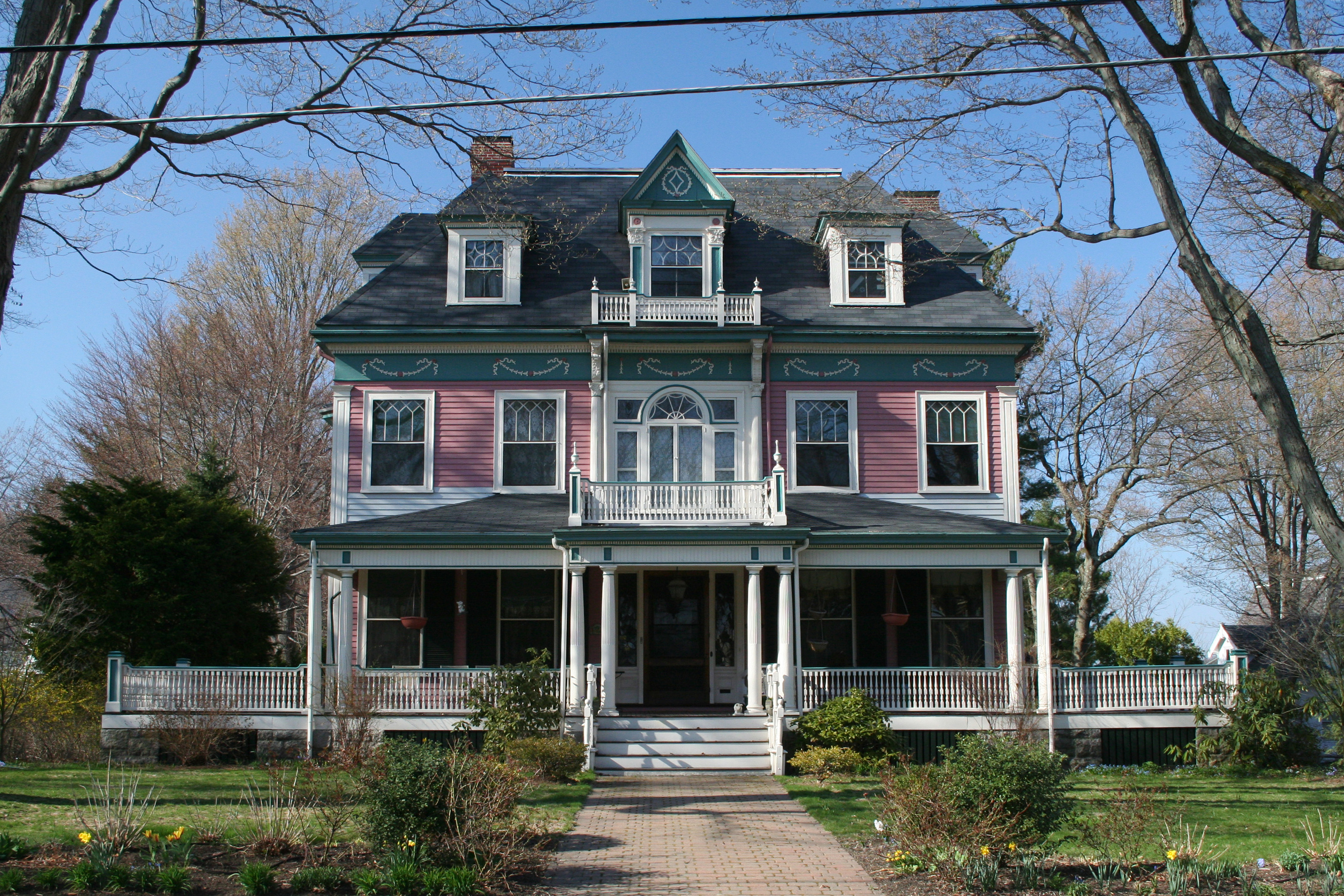Why Is It So Hard To Buy A House In Hong Kong
The Struggle to Buy a House in Hong Kong: Unveiling the Challenges
Curious about the complexities of purchasing a house in Hong Kong? Delve into the intricacies of this challenging endeavor as we unlock the reasons behind its difficulty. Discover the factors contributing to the opulent property market that make owning a home a daunting task. In this article, we’ll dive deep into the unique circumstances that have led to the current state of Hong Kong’s real estate market. Whether you’re a potential buyer or simply interested in understanding the dynamics, we’ll guide you through the obstacles that make acquiring a house in Hong Kong so hard.
Table of Contents
- The Elusive Dream: Buying a House in Hong Kong
- Navigating the Sky-High Property Prices
- Challenges Faced by First-Time Buyers
- Government Policies and Their Impact on Homeownership
- The Role of Speculation and Investment in the Housing Market
- Strategies to Overcome Hurdles in Purchasing Hong Kong Real Estate
- FAQs
- In Summary

The Elusive Dream: Buying a House in Hong Kong
This bustling global city is renowned for its vibrant energy, stunning skyline, and lucrative business opportunities. However, amidst the glitz and glamour, lies a daunting challenge for many Hong Kongers – owning a house in this fast-paced metropolis. With soaring property prices that seem to defy gravity, the dream of owning a home can feel like an elusive pursuit.
So, why is buying a house in Hong Kong such a complex and ardous task? Here are a few key factors that contribute to the challenge:
- Exorbitant housing prices: Hong Kong boasts one of the highest property price indexes in the world, making it a tough market for aspiring homeowners.
- Limited supply: The scarcity of land and strict regulations on construction have created a demand-supply imbalance, driving prices through the roof.
- Fierce competition: With a population of over 7 million people crammed into a tiny area, the competition for available properties is fierce, making it difficult for buyers to secure a home.
Despite these hurdles, there is still hope. To navigate this daunting landscape, potential buyers must undertake extensive research, consult with experts, and be prepared for a long and challenging journey. It’s crucial to arm yourself with knowledge and make informed financial decisions to increase your chances of turning the dream of owning a house in Hong Kong into a reality.
Navigating the Sky-High Property Prices
The skyrocketing property prices have become a major concern for both homebuyers and investors, making it increasingly challenging to navigate the housing market. With limited options for affordable housing, it is essential to have a strategic approach when dealing with the sky-high property prices.
To successfully navigate the daunting realm of the property market, here are some key tips and strategies to consider:
- Research thoroughly: Before diving into the market, conduct comprehensive research on the current property trends, market fluctuations, and location preferences. This will enable you to make informed decisions that align with your budget and desired criteria.
- Set a realistic budget: Assess your financial capabilities and determine a budget range that is feasible for you. Consider all aspects, such as down payments, monthly mortgage payments, and anticipated future expenses.
- Explore alternative locations: Instead of focusing solely on popular areas with exorbitant prices, expand your search to include emerging neighborhoods or nearby towns that offer more affordable options.
- Consider property auctions: Keep an eye out for property auctions as they can sometimes unveil hidden gems at reasonable prices. However, it is crucial to thoroughly research the properties in advance and set strict bidding limits.
Think outside the box: Consider unconventional housing options, such as tiny homes, co-living spaces, or even houseboats, which may provide cost-effective alternatives to traditional properties.
By employing these strategies and exploring various avenues, you can enhance your chances of finding a property that suits your needs without succumbing to the sky-high prices that dominate the market.

Challenges Faced by First-Time Buyers
Embarking on the journey of buying your first home can be both exhilarating and overwhelming. As a first-time buyer, you may encounter a range of challenges that can test your patience and financial abilities. It is important to be aware of these obstacles in order to navigate the process smoothly and make informed decisions.
Affordability: One of the main is affordability. Rising property prices coupled with stagnant incomes can make it difficult to find a property within your budget. Saving up for a down payment can also be daunting, requiring rigorous financial discipline and sacrifice.
Mortgage approval: Securing a mortgage loan is another hurdle that first-time buyers may face. Meeting the stringent approval criteria set by lenders can be challenging, particularly if you have a limited credit history or a high debt-to-income ratio. It is important to maintain a good credit score and have all necessary documentation in order to increase your chances of mortgage approval.

Government Policies and Their Impact on Homeownership
Government policies play an essential role in shaping the dynamics of homeownership. They have a profound impact on individuals, families, and communities, influencing accessibility, affordability, and overall stability in the housing market. These policies guide and regulate various aspects of homeownership, from mortgage financing to tax incentives, rental regulations, and more.
One key policy that affects homeownership is the availability of government-backed mortgage programs. These programs provide support and insurance to lenders, encouraging them to offer more loans to aspiring homeowners who may have limited financial resources or credit history. This ensures that individuals and families who would otherwise struggle to qualify for a conventional mortgage can still achieve their dream of owning a home. Additionally, government policies often include provisions that protect consumers from unfair lending practices, ensuring transparency and accountability in the mortgage industry.

The Role of Speculation and Investment in the Housing Market
In the housing market, speculation and investment play crucial roles that can greatly impact the overall dynamics and stability of the industry. Speculation refers to the act of speculating or predicting future price movements and trends in the housing market. It involves taking risks by buying or selling properties with the anticipation of making profits based on expected price fluctuations. Speculators rely on various factors and indicators such as market trends, economic conditions, and even rumors to make informed decisions.
On the other hand, investment in the housing market involves allocating funds into real estate properties with the objective of generating long-term returns. Investors carefully analyze market conditions, property values, and potential growth areas to identify lucrative opportunities for buying and renting out properties, or buying and reselling them for a profit. Unlike speculators, investors typically adopt a more strategic and calculated approach, seeking sustainable growth over time rather than short-term gains. Their investments contribute to the overall stability and development of the housing market, providing resources for new construction, infrastructure improvements, and fostering economic growth in communities.

Strategies to Overcome Hurdles in Purchasing Hong Kong Real Estate
Purchasing real estate in Hong Kong can be challenging due to various hurdles that buyers may encounter. However, with the right strategies, these obstacles can be overcome effectively. Here are some practical tips to navigate the purchasing process smoothly:
- Extensive research: Before diving into the real estate market in Hong Kong, it is essential to conduct thorough research. Familiarize yourself with the current market conditions, property prices, and trends. This knowledge will empower you to make informed decisions and negotiate effectively.
- Engage professional assistance: Working with a reputable real estate agent or consultant who is well-versed in the local market is highly recommended. They can provide valuable insights, assist with property selection, and guide you through the complex paperwork involved in purchasing real estate in Hong Kong.
- Understand legalities: Having a clear understanding of the legal framework and regulations surrounding real estate transactions in Hong Kong is crucial. Engage a legal professional specializing in property law to ensure that all legal aspects are in order, including contract review and compliance.
Other strategies to consider are:
- Financial preparation: Get your finances in order before entering the real estate market. Assess your budget, consider obtaining pre-approved financing, and be prepared for additional costs such as stamp duty, legal fees, and agent commissions.
- Flexibility and patience: The real estate market in Hong Kong can be highly competitive and fast-paced. Being flexible with your property preferences and patient throughout the purchasing process can increase your chances of finding the right opportunity.
- Negotiation skills: Mastering negotiation techniques can be advantageous when dealing with sellers or agents. Being able to articulate your requirements, set limits, and negotiate effectively can potentially lead to a more favorable deal.
By implementing these strategies, you can overcome the hurdles associated with purchasing real estate in Hong Kong, ensuring a smoother and more successful buying experience.
FAQs
Q: Why is it so hard to buy a house in Hong Kong?
A: Hong Kong’s real estate market poses unique challenges that make buying a house in the city a daunting task for many. Here are some key reasons behind the difficulty:
Q: What drives the high property prices in Hong Kong?
A: Several factors contribute to the exorbitant property prices in Hong Kong. Limited land availability, high demand, low interest rates, and foreign investment are the main drivers.
Q: Is the shortage of land a significant problem?
A: Absolutely. Hong Kong is a small territory with limited land resources. The scarcity of land hampers the construction of new properties, leading to a supply-demand imbalance that drives prices up.
Q: How does the high demand impact property prices?
A: Hong Kong has a dense population, and the demand for housing far exceeds the available supply. This high demand puts upward pressure on property prices, making it expensive for homebuyers.
Q: Do low interest rates contribute to the housing difficulty?
A: Yes, low-interest rates play a role. When interest rates are low, borrowing money becomes more affordable. This increases demand and allows buyers to bid higher prices, further driving up property prices.
Q: What role does foreign investment play in the housing market?
A: Foreign investment, particularly from mainland China, fuels the Hong Kong property market. Investors seek safe havens for capital and view Hong Kong real estate as an attractive option, increasing competition and driving prices skyward.
Q: Are there any government policies affecting affordability?
A: The Hong Kong government has implemented various measures to curb skyrocketing property prices and address the affordability issue. These policies include higher stamp duties, stricter mortgage restrictions, and attempts to increase land supply.
Q: How do these factors impact aspiring homebuyers?
A: The cumulative effect of high property prices, limited land, high demand, low interest rates, and foreign investment make it incredibly challenging for individuals, especially first-time buyers, to save enough money for a down payment or qualify for a mortgage.
Q: Are there any alternatives for first-time buyers?
A: To make homeownership more attainable, the government offers subsidised public housing and other affordable housing schemes. However, these options often come with long waiting lists, making them less practical for those with immediate housing needs.
Q: Is renting a viable option in Hong Kong?
A: Renting might be a more feasible choice for many individuals due to the difficulty of purchasing a house. However, steep rental prices and limited rental protections can make it challenging for tenants as well.
Q: Are there any expectations for the future of Hong Kong’s housing market?
A: The outlook for Hong Kong’s housing market remains uncertain. It will largely depend on factors like economic stability, interest rates, government policies, and the overall housing demand. Vigilance and awareness of market trends are crucial for anyone considering future investment or purchase.
In Conclusion
In conclusion, the challenges of buying a house in Hong Kong are undeniably tough. The soaring property prices, limited land supply, and strict government regulations make it an uphill battle for many individuals and families. Despite the continuous efforts to address the issue, the dream of owning a home remains elusive for the majority of Hong Kong residents.
The housing crisis in Hong Kong is a complex phenomenon with no easy solutions. It requires a multifaceted approach involving the government, developers, and the community as a whole. While the authorities strive to increase housing supply and implement measures to curb speculation, it is crucial for individuals to explore alternative options such as renting or seeking assistance from housing programs.
In the face of these challenges, it is essential to remain informed and vigilant. Potential buyers should thoroughly research the market, seek professional advice, and carefully evaluate their financial capabilities before diving into the fiercely competitive housing market. Patience and perseverance are key virtues when aiming to fulfill the dream of homeownership in Hong Kong.
Undoubtedly, the difficulties associated with buying a house in Hong Kong may deter many potential buyers. However, it is important to remember that every challenge presents an opportunity for growth and innovation. By collectively addressing the housing crisis with determination and creativity, it is possible to pave the way for a more affordable and accessible housing market in the future.
So, if you find yourself struggling to buy a house in Hong Kong, know that you are not alone. Keep pushing forward, explore all available options, and never lose sight of your dream. With the right mindset and perseverance, the seemingly insurmountable obstacle of homeownership in Hong Kong can eventually be overcome.







